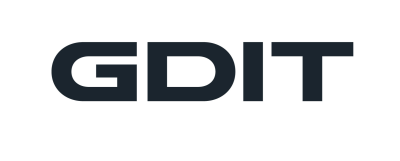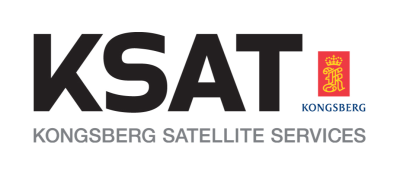DGI 2026
23 - 25 February 2026
Queen Elizabeth II Centre, London
Global Security Challenges
Global Security Challenges and the Global Insecurity Interview
The Biggest Developments in Geospatial Intelligence
With one of the most distinguished careers in the geospatial intelligence arena, including Director of NGA, Director of Naval Intelligence, Vice-Director for Intelligence of the Joint Staff and now a professor at the Institute for National Security and Counterterrorism and on the faculty of the Maxwell School at Syracuse University in New York, Bob Murrett is very much at the forefront of geo and multi-int.
Bob discusses emerging topics on the defence industry such as global security challenges and the global insecurity, explaining further developments which are currently taking place.
Video transcript:
What are the biggest developments that you’re seeing, particularly over the last year?
As we talked about this morning, I think the most recent developments that we’ve seen, that we’ve emphasised here at the conference have to do with global insecurity and then the challenges that we have associated with that, both for the intelligence community and also for our respective defence organisations around the world. But, on the encouraging side, the way that we are working together to address a lot of those concerns related to the range of security challenges that we have. A really good example that I would provide which we’ve touched on is the NATO alliance and the difference that they continue to make and the way that NATO continues to have more and more relevance as time goes on, and we’ve seen ample evidence of that, certainly in the past year or so.Big data’s been a big discussion here and I know you were talking about how the geospatial side is becoming more and more interpolated with all other forms of intelligence. Is it getting to the point where it’s no longer going to be geospatial and it’s just intelligence?
I think two things that I would stress in response to the question. First, geospatial always needs to be a part of the whole and part of an all-source multi-int picture with full understanding of what the general context is. But at the same time you do that, the balancing act that you have to strike, which I think we’re being very effective at, is to be the absolute subject matter experts on geospatial intelligence and the people that can demonstrate the value of what it is that our craft is involved in and, at the same time, make sure it’s done so in a way that’s effectively absorbed and delivered to the people that need it.
The other technical issue that you touched on which I think is important has to do with the challenges we have because of the range of data and other things. But I view that more as an opportunity than a challenge, and you can use several examples, but the technical solutions that we had today, for example, in storage media, data transmission and computing are advancing dramatically, and I think that is actually outpacing some of the challenges that we’ve got.
A lot of people have been saying it, that it’s no longer the technology that’s the challenge; it’s what we do with that technology; we can store things, we can bring things together, but what are the biggest human issues?
One of the things that we talked about in detail is enabling the analysts that we have, the people element, which typically doesn’t get as much attention as it ought to because technology solutions, particularly in the private sector, tend to be things that get a fair amount of focus, but the people element is something that I’m glad to see stressed here at the conference and getting the attention that it deserves.
So, what are we looking to achieve then ultimately?
I think making sure that in the three areas that we touched on this morning that we are as relevant as we possibly can be with the global security challenges that we’ve had.
Second, do them as part of the broader team, which all of us in the community continue to do, and I would comment that NGA, an organisation that I used to be part of the leadership team for, continues to do great work in that area and move out and I’m very proud of the continued progress that NGA is making.
And then, third, to do so in ways that focus on the people element as much as the technical details we have to deal with.
What is it that you want to get most out of being here at DGI?
I think just because of my current walk of life that I’m in, the relevance of what we do relative to the students that I teach and the academic sector, and also just being part of the team that, in many ways great and small, continues to make a contribution to some of the broader issues on global insecurity that we’ve been talking about here today.
If people do want to know more about what you do, where can they go to find out more?
Syracuse, New York. That’s where my family and I are located now. I’m on the, as I mentioned, faculty of Syracuse University and at the Institute for National Security there, and we have a really good website, both for the university and the Maxwell School and there’s a lot of information there in terms of the current work that we are doing, both within the university but also as part of the broader national security domain.

































































